The Dice Have Landed: Why Larian's Baldur's Gate 3 Decision Makes Sense (Even if It Hurts) Alright, folks.

Alright, folks. Let's talk about the elephant in the room, or perhaps more accurately, the Mind Flayer tadpole in our collective brains. Larian Studios, riding high off the monumental success of Baldur's Gate 3, has announced they won't be making DLC or a sequel. The internet, predictably, has erupted. From Reddit threads filled with mournful "what-ifs" about Avernus to Twitter feeds overflowing with demands for more Astarion romance options, the disappointment is palpable. I get it. You’re invested. But before we sharpen our pitchforks, let's take a step back and look at this from a game designer's perspective – one who's been in the trenches, wrestling with scope creep and the siren song of endless sequels. I’m Marcus Feldspar, by the way. I spent years at Obsidian, knee-deep in narrative design for Pillars of Eternity and Tyranny. I've seen firsthand how these decisions get made, and trust me, they're rarely easy.
A victorious Astarion, bathed in warm light, representing the initial euphoria of Baldur's Gate 3 fans.
The Avernus Argument: Why "Unfinished Business" Isn't Always a Reason for More
One of the biggest gripes I'm seeing online revolves around "unfinished business," specifically the implications of choices made regarding Avernus at the end of Baldur's Gate 3. Players argue that the story leaves certain threads dangling, begging for resolution. I understand the feeling. We all want closure. But here's the thing: perfect closure is a myth, especially in sprawling RPGs. Leaving some ambiguity allows players to fill in the gaps themselves, fostering a sense of ownership over their personal narrative.
More importantly, forcing a studio to revisit a specific plot point can stifle creativity. Imagine being told, "Okay, you can work on Baldur's Gate 3 DLC, but it has to be about resolving the Avernus situation exactly how the fans expect." Suddenly, you're not building a new story; you're fulfilling a checklist. That’s not a recipe for compelling content.
Creative Freedom vs. Commercial Demands: A Studio's Balancing Act
Ultimately, Larian’s decision comes down to creative freedom. After pouring their hearts and souls into Baldur's Gate 3, they clearly want to explore new horizons. And honestly, they’ve earned that right. As much as we, the players, love the world of Baldur's Gate, constantly iterating on the same IP can lead to stagnation. It’s like a band that only plays their greatest hits – eventually, they stop evolving.
This isn't just about artistic integrity; it's about long-term viability. Burnout is a real issue in game development, and forcing a team to work on something they're not passionate about is a surefire way to kill morale and, ultimately, the quality of their work.
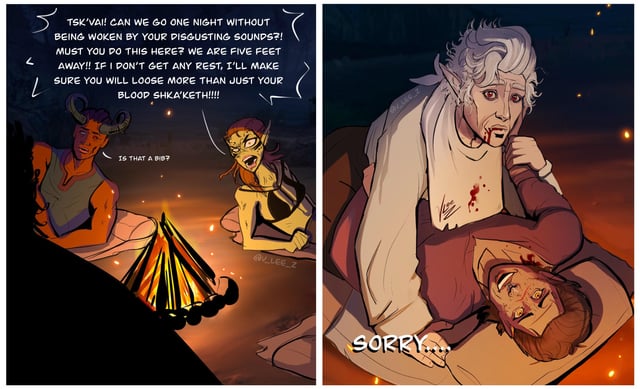 A solitary character gazing into a misty, uncertain future, reflecting the disappointment and uncertainty of fans after the announcement.
A solitary character gazing into a misty, uncertain future, reflecting the disappointment and uncertainty of fans after the announcement.
Think of it this way: would you rather have a potentially mediocre Baldur's Gate 3 DLC, churned out to appease the masses, or a brand-new Larian game that's bursting with fresh ideas and genuine passion? I know which one I'd prefer.
The Obsidian Perspective: Original IP vs. The Sure Thing
During my time at Obsidian, we faced similar dilemmas. After Pillars of Eternity, there was intense pressure to immediately jump into a sequel. It was the safe bet, the commercially obvious choice. But there was also a strong desire within the team to create something entirely new. Ultimately, we did both, with Pillars of Eternity II: Deadfire and Tyranny.
The experience taught me a valuable lesson: sequels can be fantastic, but they come with inherent baggage. Player expectations are sky-high, and the pressure to deliver "more of the same, but better" can be creatively limiting. Original IP, on the other hand, offers a blank canvas, a chance to take risks and innovate without being shackled to pre-existing lore and characters.
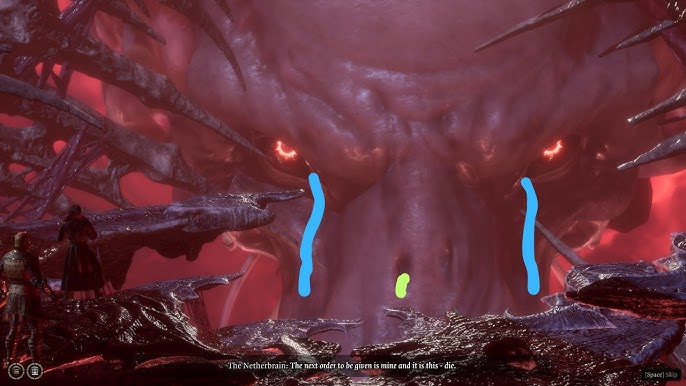 A developer looking stressed and overworked, representing the burnout risk associated with endlessly iterating on the same IP.
A developer looking stressed and overworked, representing the burnout risk associated with endlessly iterating on the same IP.
Larian vs. The Giants: Different Paths to RPG Glory
Compare Larian's approach to that of Bethesda with The Elder Scrolls or CD Projekt Red with Cyberpunk 2077 and The Witcher. Bethesda is known for its long development cycles and infrequent releases, focusing heavily on a single, massively popular IP. CD Projekt Red, while initially planning to alternate Cyberpunk and The Witcher releases, has faced significant challenges with Cyberpunk, highlighting the risks of over-reliance on a single franchise.
Each approach has its advantages and disadvantages. Sticking with a proven formula can guarantee commercial success, but it can also lead to creative stagnation and, as we saw with Cyberpunk 2077's rocky launch, immense pressure to deliver. Larian, by choosing to explore new territory, is betting on their ability to innovate and create compelling experiences across different genres and settings. It's a riskier strategy, perhaps, but one that could ultimately lead to even greater rewards.
Managing Expectations: The Unspoken Challenge of Success
Let's be honest: Baldur's Gate 3 has set a new standard for RPGs. But that also means Larian is now facing an unprecedented level of scrutiny and expectation. Every decision they make will be dissected and debated by millions of passionate fans. That's a lot of pressure, especially when you're trying to chart a new course.
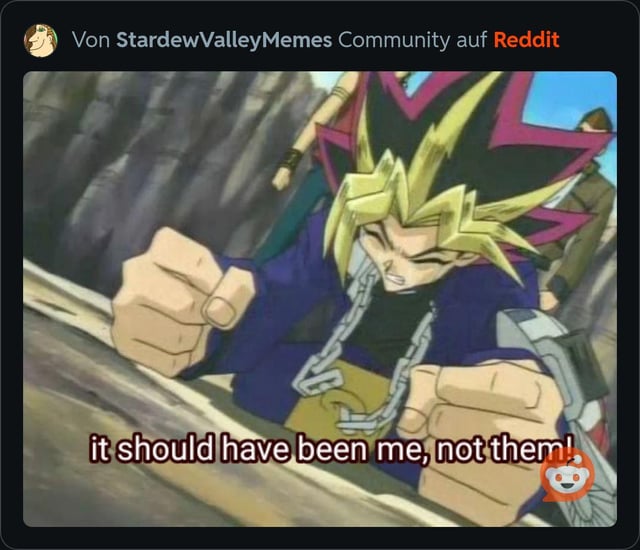 A sad Minsc and Boo, symbolizing the sadness of many BG3 fans after the news.
A sad Minsc and Boo, symbolizing the sadness of many BG3 fans after the news.
It's tempting to try and appease everyone, to give the fans exactly what they think they want. But that's a dangerous game. It can lead to creative compromises, feature creep, and ultimately, a product that satisfies no one. Sometimes, the best thing a studio can do is trust their instincts, follow their passions, and create something that they are truly proud of, even if it means disappointing a few people along the way.
The Future is Unwritten: Trusting Larian's Vision
So, where does this leave us? Disappointed? Maybe. Understanding? Hopefully. Larian's decision to move on from Baldur's Gate 3 is undoubtedly a tough pill to swallow for many fans. But it's also a bold move, one that speaks to their commitment to creative freedom and their belief in their ability to surprise and delight us with something entirely new.
 Larian riding off into the sunset, leaving Shadowheart (and fans) behind, yearning for more BG3.
Larian riding off into the sunset, leaving Shadowheart (and fans) behind, yearning for more BG3.
Let's remember that Larian isn't abandoning RPGs; they're simply choosing to explore a different corner of the gaming universe. And who knows? Maybe one day, they'll return to Baldur's Gate. But in the meantime, let's give them the space and freedom to create something truly special. After all, that's what made Baldur's Gate 3 so extraordinary in the first place. The dice have landed, and it's time to see where they roll next.
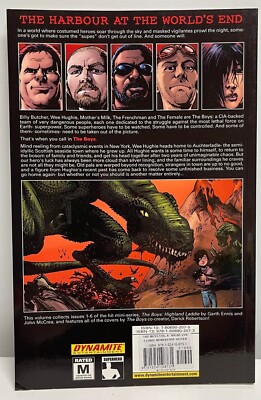 A meme illustrating the internet's demand for BG4 contrasted with Larian's disinterest.
A meme illustrating the internet's demand for BG4 contrasted with Larian's disinterest.
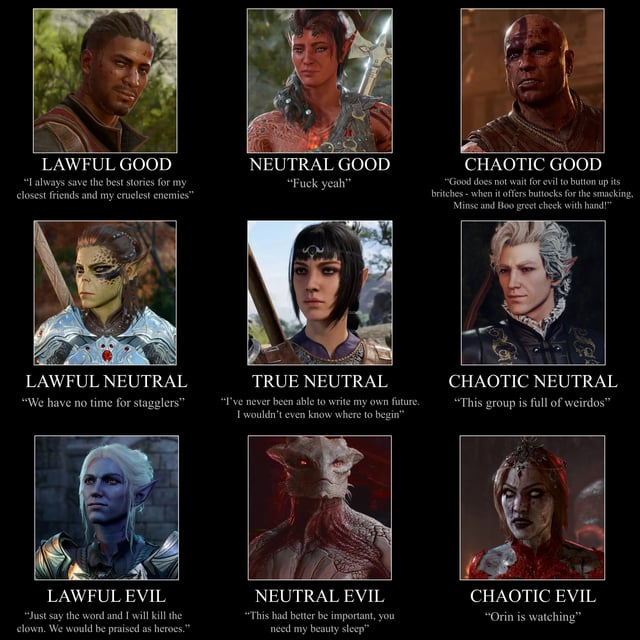 The meme reinforces the point that the studio is free to choose their path.
The meme reinforces the point that the studio is free to choose their path.
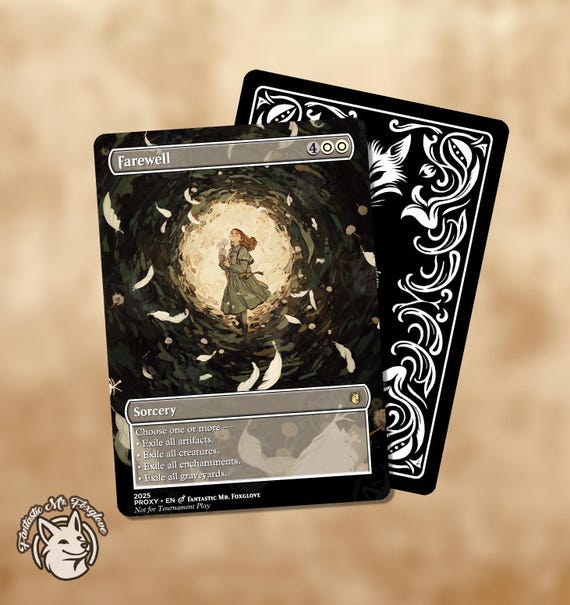 The meme reflects the community's shock and disbelief.
The meme reflects the community's shock and disbelief.
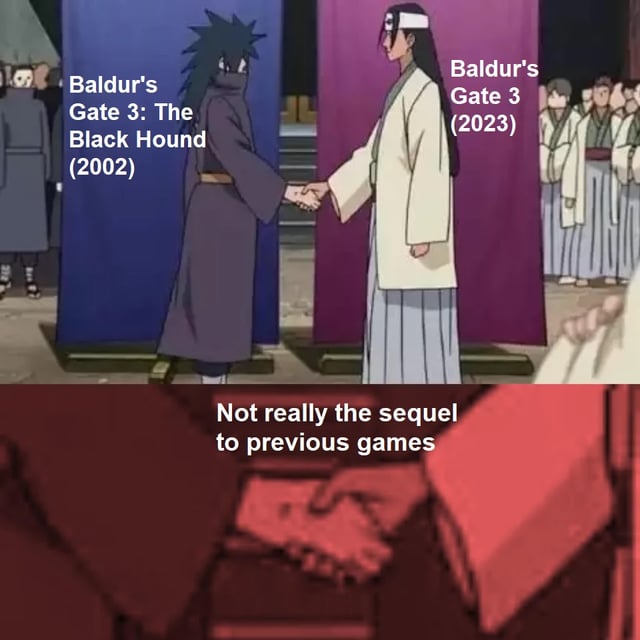 The crying meme shows the extreme disappointment of a subset of fans.
The crying meme shows the extreme disappointment of a subset of fans.
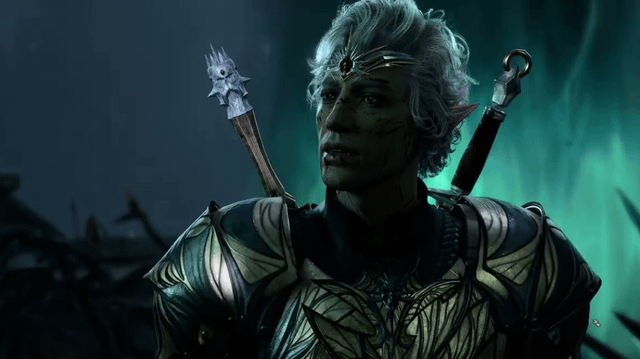 A meme showing the development team signaling that they are finished.
A meme showing the development team signaling that they are finished.